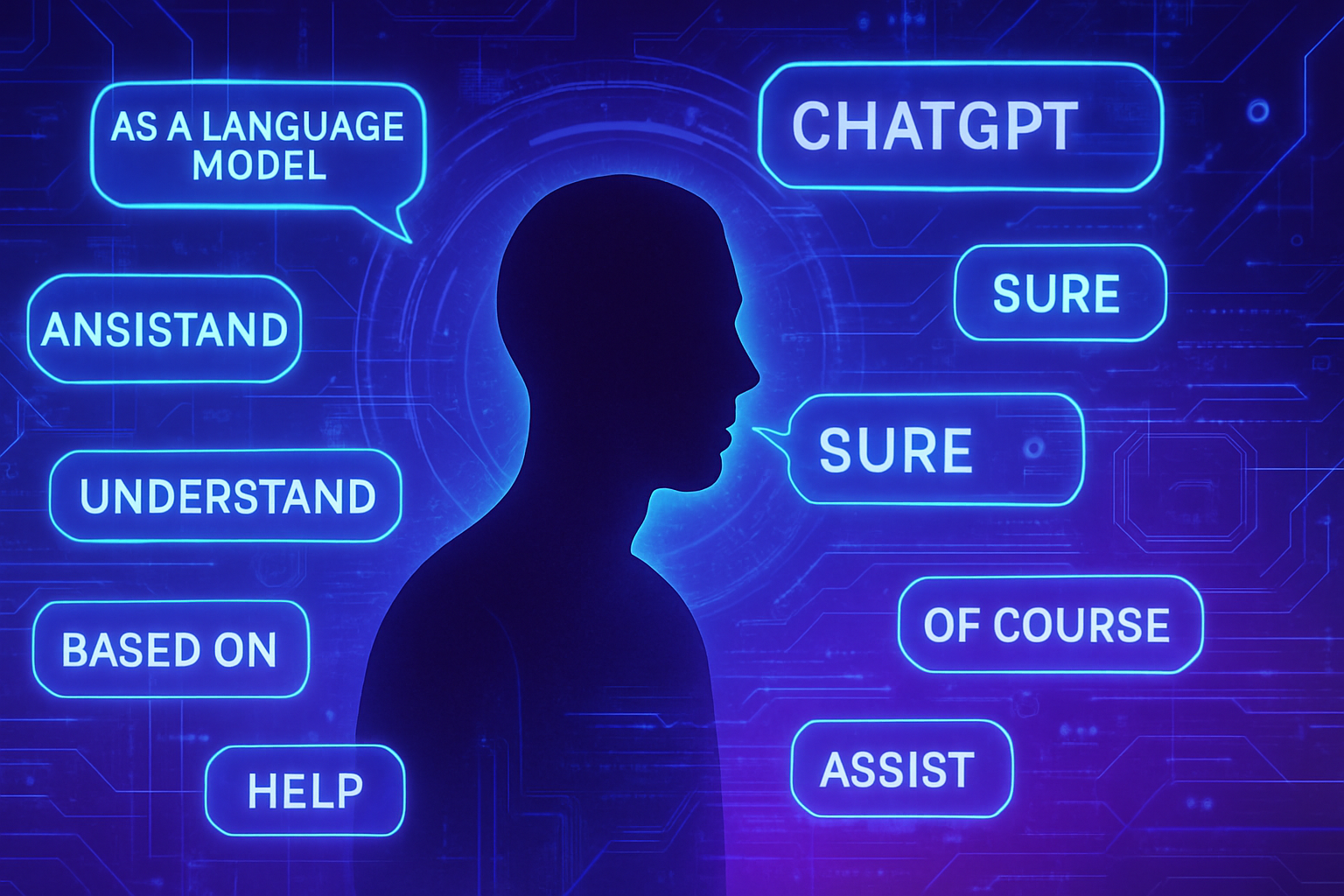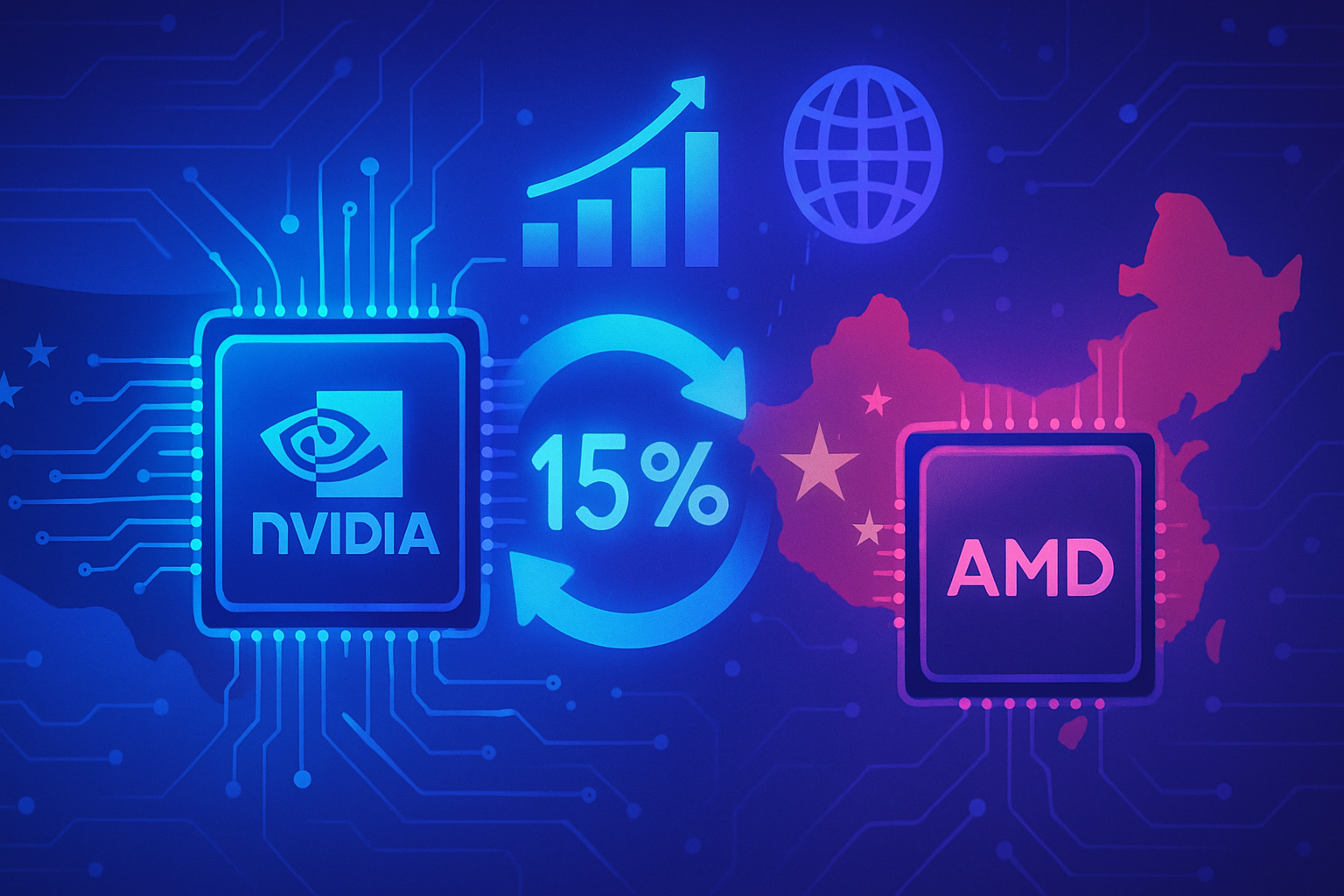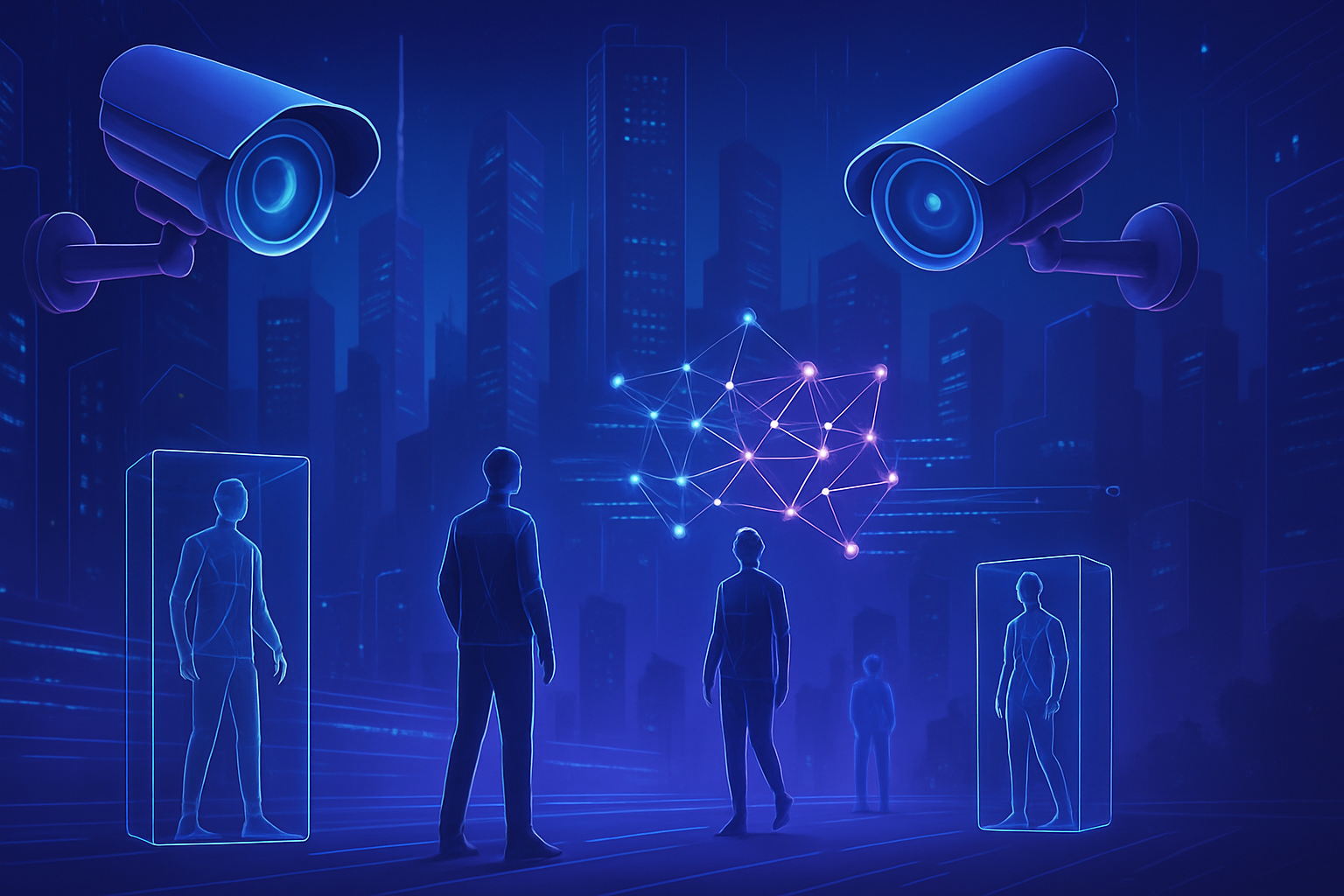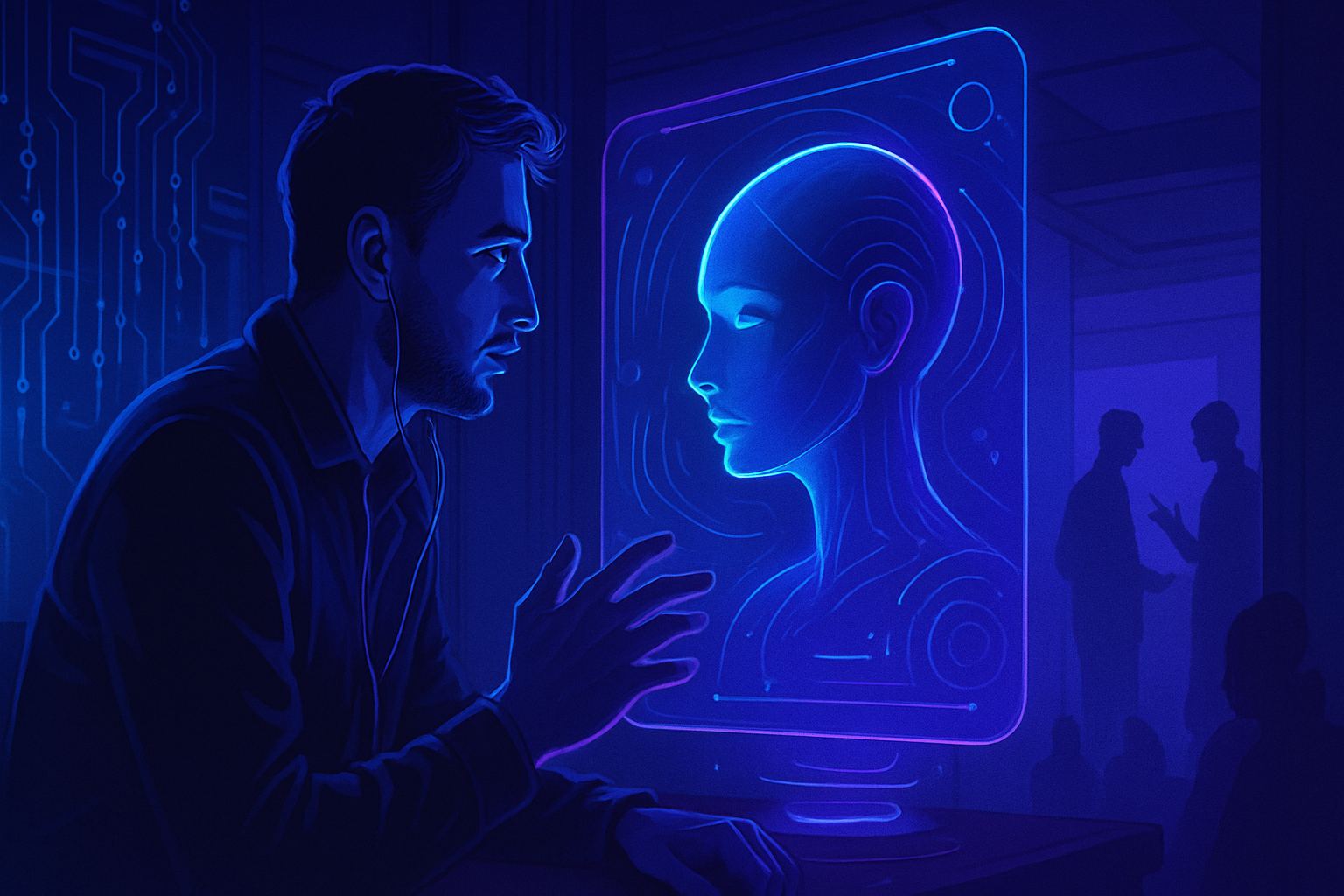The rapid rise of artificial intelligence is transforming the way we communicate. This evolution raises profound questions about its impact on our everyday language. An innovative study highlights a troubling reality: humans, in their expression, are adopting characteristics of AI, particularly of the famous ChatGPT.
Analyzing this mutation is essential. Researchers at the Max Planck Institute scrutinized over 280,000 university videos, highlighting a worrisome standardization of our vocabulary. These results pose the crucial question of the impoverishment of our language, and how we might, unintentionally, shape a common language.
The growing influence of AI on human language
A significant study conducted by the Max Planck Institute revealed an alarming trend infiltrating our way of communicating. This research shone a spotlight on the increasing similarity of human expression styles with those of artificial intelligences such as ChatGPT. The analyzed corpus includes nearly 10,000 texts, a thorough endeavor allowing observers to see how words and writing styles deteriorate over time.
Analysis of human and AI content
Researchers noted that specific words, used similarly by language models, are emerging more frequently in human-written texts. This convergence raises pertinent questions about the future of our language. With the growing use of LLMs, a normalization of expression may well be underway, leading to a significant linguistic impoverishment.
A comprehensive study of oral content
To expand upon the results of their initial observations, the research team focused on a considerable sample of submitted content, including nearly 280,000 university videos published on YouTube. By comparing them to anthology videos from three years earlier, researchers observed that certain words were used up to 51% more frequently, thus demonstrating a notable lexical shift.
Linguistic uniformity and its implications
The trend toward linguistic uniformity draws specialists’ attention. Even though the research from the Max Planck Institute does not focus on Francophone content, other studies, such as those from the University of California, corroborate this hypothesis. Researchers have demonstrated that AIs tend to provide less accurate responses, out of fear of misinterpreting user queries.
Impact on individual expression of users
Users accustomed to these artificial intelligences are beginning to adapt their way of communicating. This phenomenon is particularly evident when examining conversations in which the use of certain expressions, once less common, becomes frequent in their discourse. These changes can transform the richness and diversity of language, steering communication toward a more uniform and less nuanced register.
The effects on other languages and cultures
Although this study focused on English, there are fears that a similar phenomenon may extend its influence to other languages, including French. Users who regularly interact with language models like ChatGPT might conform to an expression format that these technologies value, thereby altering their usual language.
Supplementary studies regarding LLMs
New research addresses the need to analyze this linguistic dynamic further. Several articles demonstrate that emerging language models, such as Mistral AI, are modifying their reasoning approaches, potentially influencing traditional linguistic structures. Other studies on energy and memory in neural networks propose a different paradigm regarding linguistic efficiency.
If this phenomenon continues, it could transform not only our daily communication but also the way we conceive of language in a technologically advanced context. For a broader insight into the issues related to these changes, additional articles, such as those addressing the risks of generative AIs, deserve to be consulted.
Frequently asked questions about the influence of AI on our language
How does AI influence our way of communicating?
Artificial intelligence, particularly models like ChatGPT, tends to standardize language, with expressions and words used more uniformly in human writings and speeches. This could lead to an impoverishment of vocabulary over time.
What are the signs of a language uniformity caused by AI?
Studies show that certain words and phrases are becoming increasingly frequent in human content, and expressions like “it is important” are now common, indicating a potential influence of AI.
Why do oral contents show a similar trend to written contents?
When content creators draw inspiration from the same linguistic models used by AI, it is likely they adopt similar language. This trend has been observed in the analysis of university videos on YouTube.
Are changes in our language solely due to AI?
While AI plays a significant role, other factors such as globalization and the evolution of cultural norms may also contribute to language evolution. However, AI seems to accelerate this phenomenon.
How does this affect the quality of information?
AI tends to produce more approximate responses, which can harm the accuracy of information. This phenomenon leads users to rephrase their questions, thus favoring language that conforms to AI standards.
What are the implications for education and learning?
With the growing influence of AI on academic and professional language, it is crucial for educators to adapt their teaching methods to encourage the use of a rich and varied vocabulary.
Does this trend also affect languages other than English?
Currently, research primarily focuses on English. However, it is likely that similar trends will emerge in other languages, but this requires further in-depth studies.






